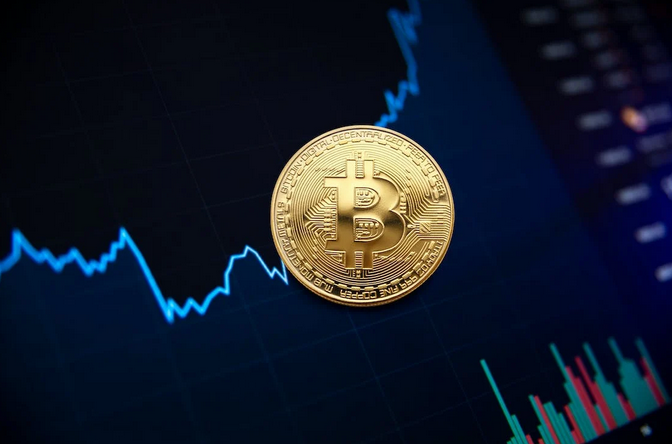When it comes to borrowing money, most of us focus solely on the interest rate—after all, a lower percentage can mean significant savings over time. But what if we told you that the actual cost of unsecured loans extends far beyond that seemingly innocuous number? In today’s financial landscape, understanding the full spectrum of expenses tied to these loans is more crucial than ever. From hidden fees and soaring penalties to insurance premiums and potential impact on credit scores, there are layers of costs lurking in the shadows that could catch even the savviest borrowers off guard.
Join us as we peel back the curtain on unsecured loans and uncover overlooked expenses that could affect your wallet—and your peace of mind—in unexpected ways.
Higher Interest Rates

The higher interest rate is one of the most significant hidden costs of unsecured loans. Since these loans are not backed by collateral, lenders take on more risk when lending money. They charge higher interest rates than secured loans to compensate for this risk. While the interest rate may seem manageable at first, it can significantly increase the total cost of the loan over time, considerably if the loan term is extended. It’s essential to compare rates from multiple lenders and carefully consider the long-term cost of borrowing. Although options like pikavippi can help you find the best rates for your situation, it’s always wise to do additional research before committing to a loan.
Origination Fees and Processing Charges
Unsecured loans often come with origination fees or processing charges that can add up quickly. These fees are typically a percentage of the loan amount and are either deducted from the loan proceeds or added to the principal. While a 1-2% fee may not seem like much, it can increase the overall cost of the loan, especially if you’re borrowing a significant amount. Reading the fine print and factor these fees into your total loan cost before accepting the loan terms is essential.
Prepayment Penalties

While paying off a loan early might seem financially responsible, some unsecured loans have prepayment penalties. Lenders impose these penalties to compensate for the interest they would have earned if you had continued making payments according to the original schedule. Before committing to a loan, check the terms for prepayment penalties. If you anticipate the possibility of paying off your loan early, it might be worth looking for a lender that doesn’t charge this fee.
Variable Interest Rates
Some unsecured loans come with variable interest rates, meaning the rate can fluctuate over the life of the loan. While variable rates may start lower than fixed rates, they can increase significantly, leading to higher monthly payments and a more expensive loan overall. If you’re considering a loan with a variable rate, it’s crucial to understand the potential for rate increases and how they could impact your financial situation. A fixed-rate loan might offer more stability and predictability, even if the starting rate is slightly higher.
Credit Score Impact
While not a direct cost, the impact of an unsecured loan on your credit score can have long-term financial implications. Taking out a loan increases your debt-to-income ratio, which can lower your credit score. Additionally, missing payments or defaulting on the loan can have severe consequences for your creditworthiness, making it harder to obtain credit in the future or resulting in higher interest rates. It’s essential to ensure that you can manage the loan payments comfortably within your budget before taking on additional debt.
Debt Cycle Risk

Unsecured loans can sometimes lead borrowers into a cycle of debt, mainly if the loan is used to pay off existing debt or cover recurring expenses. If you’re unable to keep up with the loan payments, you may be tempted to take out another loan to cover the shortfall, leading to a cycle of borrowing that can be difficult to escape. This risk is exceptionally high with high-interest loans or those with short repayment terms. It’s crucial to assess your financial situation honestly and avoid using unsecured loans as a long-term financial solution.
While unsecured loans offer convenience and accessibility, they come with hidden costs that can add up quickly. Higher interest rates, fees, and potential penalties can significantly increase the overall cost of borrowing, and the impact on your credit score and financial stability should not be overlooked. Before taking out an unsecured loan, it’s essential to understand these costs, compare offers from multiple lenders, and ensure that the loan fits within your financial plan.




